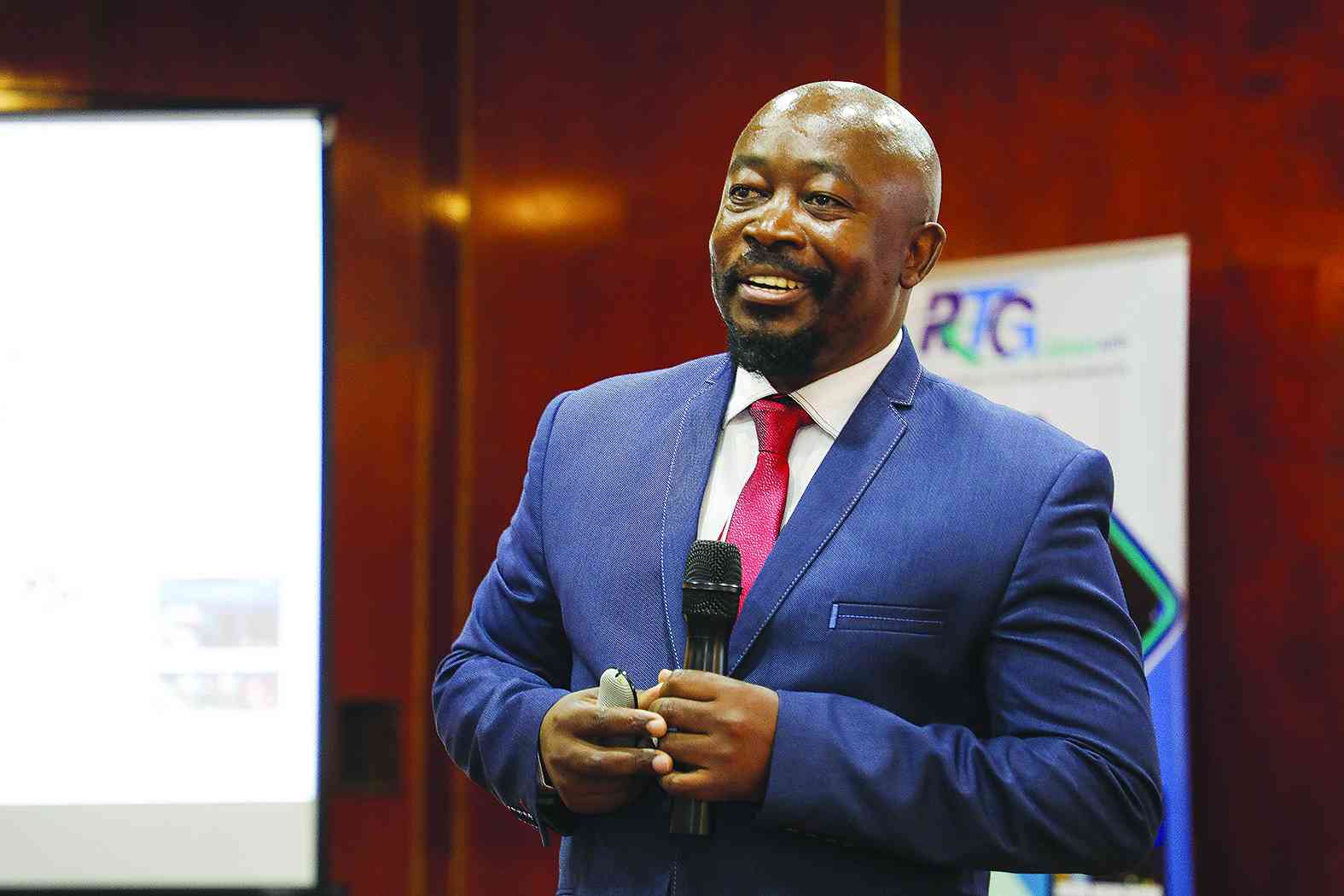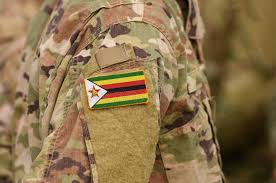
HOSPITALITY concern, Rainbow Tourism Group (RTG), has posted a positive net working capital position of US$3,4 million in its financial year ended December 31, 2024, owing to a growth in foreign currency revenue.
During the period under review, the group recorded total revenues of US$44,4 million, representing a 2% increase from the US$43,6 million posted in 2023.
However, from that revenue, there was a 15% growth in foreign currency revenues to US$19 million from the prior year.
RTG last year benefited from hosting the seventh Sadc Industrialisation Week and the Sadc Summit of Heads of State and Government.
“Our net working capital position is very positive at US$3,4 million,” RTG finance director Napoleon Mtukwa told NewsDay Business in a briefing of its annual results for the period ended December 31, 2024.
“When compared to 2012, we had a negative working capital position of about US$12,3 million so that is a full swing of about US$15 million. So clearly, in terms of liquidity position, we are okay and working capital position is perfect.”
The positive working capital position comes despite RTG facing delays in getting payments from the government.
Mtukwa said cash generated from operations during the financial period under review was “very positive” ending the year at US$8 million, although lower than in 2023.
- ‘Redesigned’ RTG pays out hefty dividend... shareholders in line for $380m as profit shoots 1 000%
- RTG lifts profit as tourists troop back
- Tourism seeks revolving fund facility to bolster recovery
- Travelling and Touring: Taming traffic jungle is paramount
Keep Reading
“Explaining that gap, government did not pay us at year end, but now government is starting to release payments to suppliers,” he said.
“When you have an increase in debtors there is that impact on cash generated operations but overall, we are in a good position.”
Mtukwa said the foreign currency revenue would be used to leverage the market in terms of negotiating with suppliers.
RTG chief executive officer Tendai Madziwanyika revealed that the group had US$1,27 to every dollar of short-term debt should those obligations become due.
The group also had an acid-test ratio, a liquidity measure that examines a company’s ability to pay off its current liabilities using its most liquid assets, of 1,02.
“So, we are really quite strong cashflow wise. Then I think he (financial director) touched on government. What we are saying is you have to understand your industry and we know government is a significant customer,” Madziwanyika said.
“But, we know that they don’t always pay on time, they have a lot of demands from the State and we understand that. But, at the end of the day, how do you now factor that into your business model? So, you have to factor that in such a way that it doesn’t then kill your business.”
The increase in the foreign currency generation led to RTG’s profit after tax (PAT) rising by nearly 18% to US$5,36 million during the period under review from the prior year.
PAT was also supported by other income of US$4,39 million during the period, from rental and other sundry incomes.










